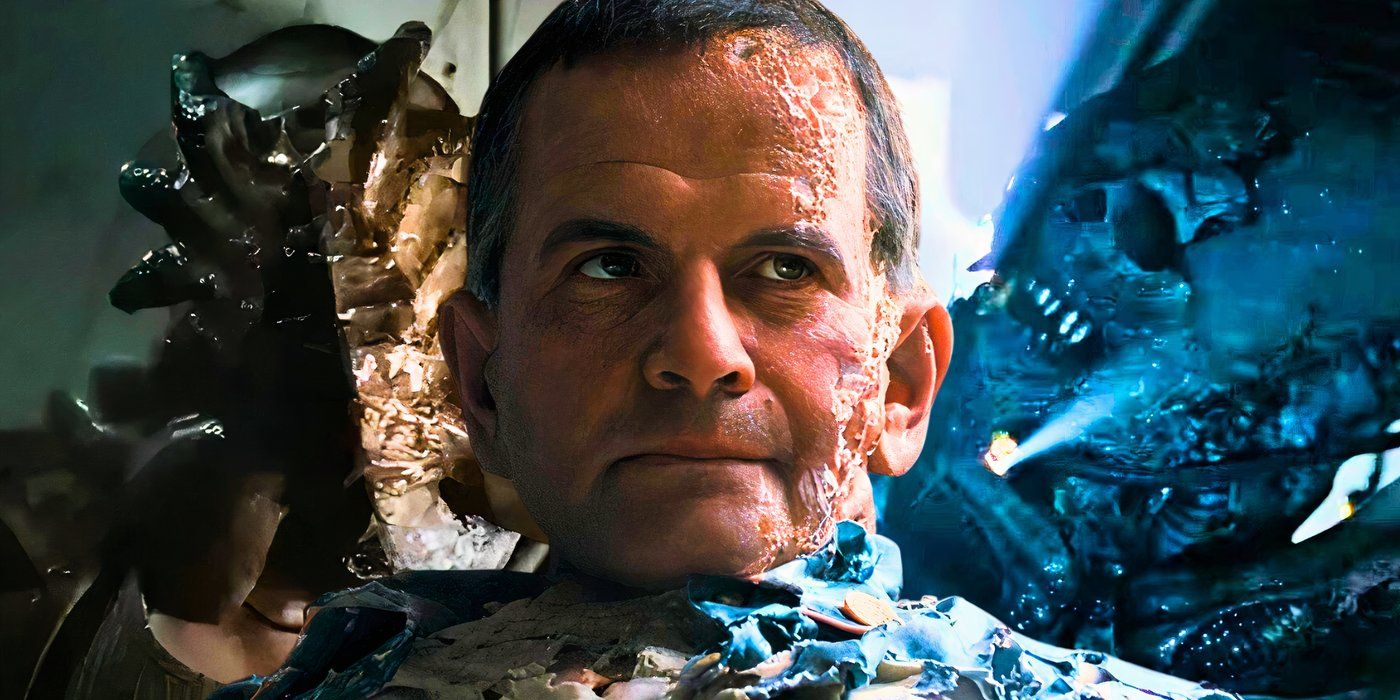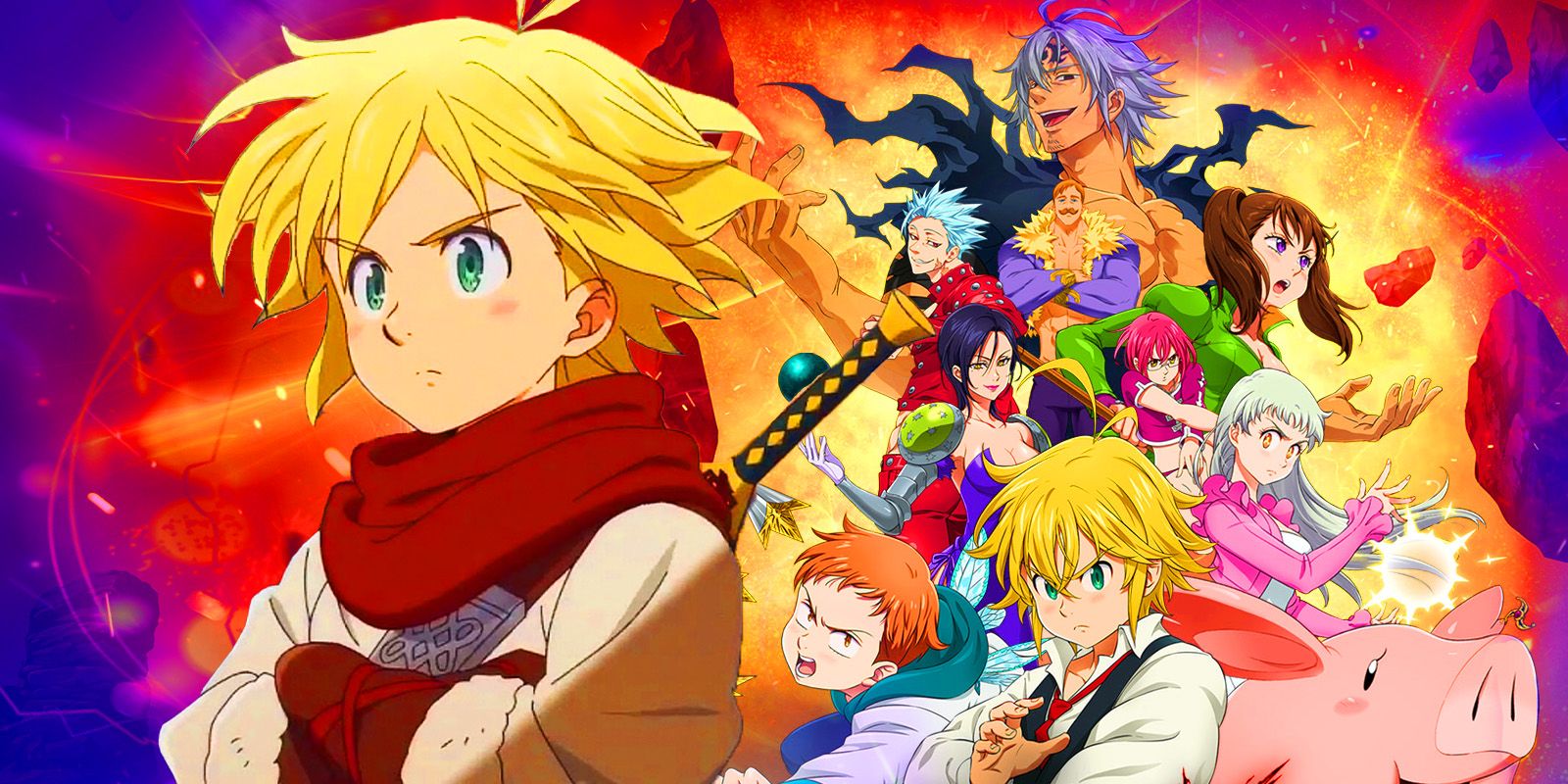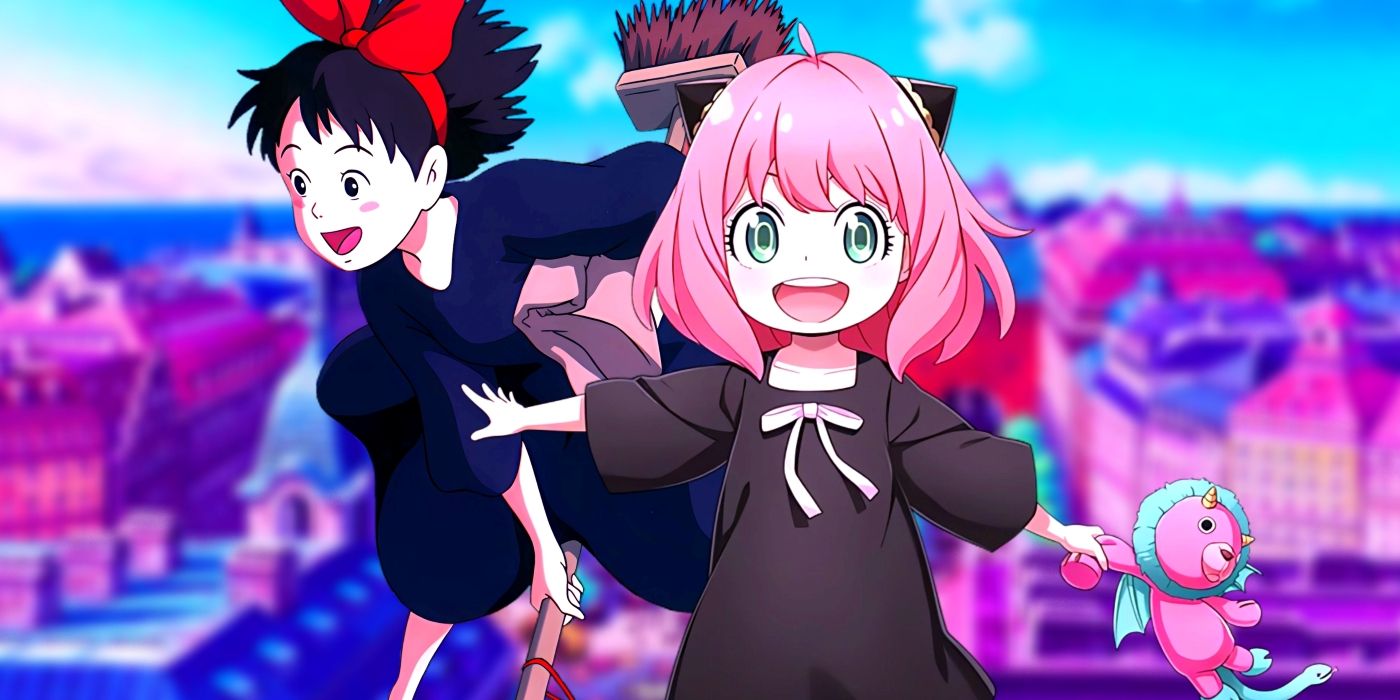If the fall of the Berlin Wall has a prehistory, maybe there is an integral part, or even the beginning: the December 1970 protests in Poland against food price-rises, the brutal suppression of which is here satirically reimagined by film-maker Tomasz Wolski using archive black-and-white footage of the street scenes with ambient sound effects. Wolski intersperses these with stop-motion-animated puppets of the mediocre party apparatchiks in charge, blandly directing the massacre from their smoke-filled rooms, having grumpy and panicky arguments, mouthing in sync to recently recovered audiotapes of their tapped phones; not so much Team America as Team Soviet Poland.
The effect is that of a bad dream, though less of a nightmare than living through it must have been. The protests became a colossal movement in many cities, including Gdańsk, and were brutally suppressed by the Polish authorities who deployed massive amounts of military hardware, killed 44 people and injured more than a thousand, though they finally made concessions by reversing the price-hikes and premier Władysław Gomułka resigned.
The protests also involved young trade unionist Lech Wałęsa and were a spark that ignited the Solidarity movement, in turn showing the world that dissent was possible behind the Iron curtain. (Wałęsa is not explicitly mentioned here, but I think I glimpsed him in a piece of archive footage.) There is a continuous and unsettling disconnect here between the raw reality of the street scenes and the macabre inner world of the (literal) puppets, the Polish military and party authorities waiting to be told what to do by the politburo. An intriguing, mordant little film.

 1 week ago
6
1 week ago
6








 English (US) ·
English (US) ·